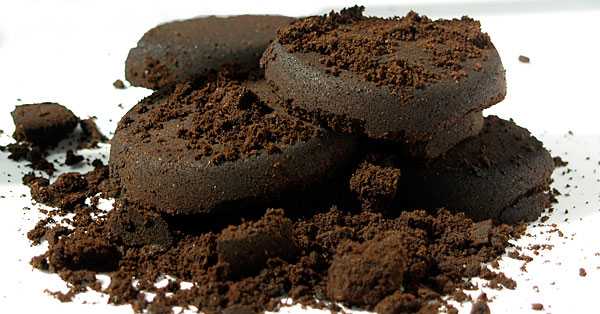MILAN – With Korea Productivity Center and Korea Green Foundation, Hyundai Steel is carrying out the Coffee Waste Resource Recovery Project under the slogan ‘Coffee waste is a resource. Let’s find purposes for coffee waste’.
Trial collection was carried out with 62 cafes participating from Gyeyang-gu, Bupyeong-gu, and Yeonsu-gu in Incheon city. In September 2019, a private-government coffee waste collection cooperation system was established through an MOU between the Ministry of Environment, the Incheon city government and district offices in the city, and set up infrastructure for collecting coffee grounds.
This year, they started collecting coffee waste from cafes in two districts of the city and handed the grounds over to the recycling companies which manufacture upcycled products.
On July 31, Hyundai Steel held a conference to promote the Project sharing the company’s knowhow in recycling the waste with officials at environment-related divisions in eight districts in the city.
Hyundai Steel said it expects 360 tons of coffee grounds will be recycled in this year’s project, saving 210 million won of waste management costs and producing 300,000 upcycled products.
Hyundai Steel said the current plan of the project is to collect more than 50 tons of coffee grounds from 600 cafes in the city next year, and this will be expanded with each district’s participation.
“The project became possible as all participating parties showed their commitment in recycling coffee grounds,” a Hyundai Steel official said. “We hope more districts in Incheon will participate in this project, allowing us to stabilize the system of collecting and recycling coffee grounds.”
Hyundai Steel said it is running the program as the environmental costs are increasing for managing coffee grounds.
According to statistics, Koreans consumed an average of 512 cups of coffee a year each. Given 99.8 percent of coffee grounds are discarded after making a cup of black coffee, it is assumed that the country is generating 150,000 tons of coffee grounds every year, which are either put in landfills or incinerated.
Coffee waste is thrown out as regular domestic waste, but it is actually an organic resource with a high recycling value.

















